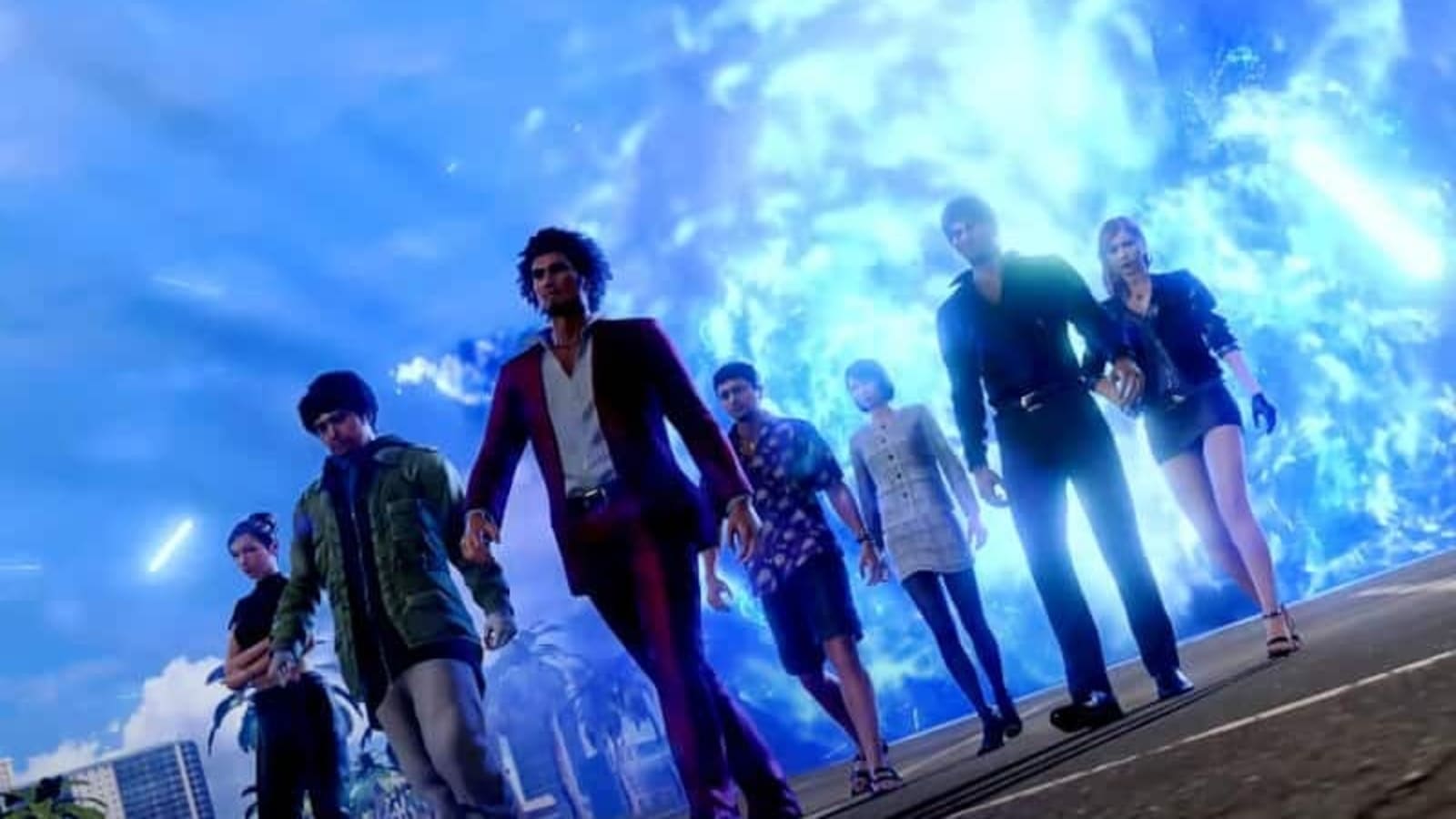
Sega president Shuji Utsumi is a veteran executive with a storied career spanning the original PlayStation launch and the pivotal union of Disney and Square Enix that birthed Kingdom Hearts. Despite these accomplishments, however, Utsumi has his sights on a singular legacy: reviving Sega itself. Furthermore, the gaming company achieved numerous successes throughout 2020.
Notably, it launched strong with critical and commercial hits like Like a Dragon: Infinite Wealth and Persona 3 Reload, then closing out the year with the acclaimed, Game of the Year-nominated Metaphor: ReFantazio. Yet, even amidst this phenomenal success, why would the veteran point to “reviving Sega” as his desired legacy rather than these concrete triumphs?
Sega President Prioritizes Revival Over Past Triumphs
As a result of a great year, Sega secured the title of 2024’s highest-rated publisher on Metacritic for its powerhouse lineup. Beyond gaming, the gaming company smashed box office records with their film, Sonic the Hedgehog 3, which earned the rare distinction for a video game movie of being “Certified Fresh” on Rotten Tomatoes. Nonetheless, to answer the question, Utsumi, also serving as Sega’s COO, discussed his greatest career achievement during an interview with The Game Business. Notably, the Sega president’s impressive resume includes:
- foundational work on the PlayStation
- shaping Dreamcast classics
- orchestrating the Kingdom Hearts collaboration
- co-founding Q Entertainment, the studio behind the beloved Lumines
Surprisingly, Utsumi decisively bypassed all these historic accomplishments, focusing squarely on his current mission following his return to the company: leading Sega’s revival. According to the veteran, his goal was for this endeavor to stand as the pinnacle achievement of his entire career. Consequently, making individual hit video games and movies was no longer his main ambition. Instead, he aimed to have a fundamental resurgence of the Sega brand’s overall power, influence, and creative vitality in the modern era. By steering the gaming company back to its former glory, Utsumi believes he can achieve what could be his most significant and lasting contribution.
Simultaneous Launches Fuel Sega’s Modern Renaissance
Shuji Utsumi rejoined Sega as president in 2020, marking a significant return after his initial departure from the company back in 2000. Following his return, Utsumi immediately observed a critical strategic imbalance that needed to be addressed. Specifically, he found that Sega’s Japanese development studios were primarily focusing their efforts on the domestic Japanese market. Moreover, he thought this inward focus was a major missed opportunity, especially given the company’s deep-rooted popularity and beloved status among Western audiences for decades. Even with its strong global appeal, why would it concentrate its development resources so narrowly on its home turf?
Additionally, Utsumi spearheaded a fundamental shift in Sega’s global strategy, with the company committed to launching all major games simultaneously worldwide, across every relevant platform, including PC, on the very same day. Recent powerhouse releases, like Like a Dragon: Infinite Wealth and Persona 3 Reload, which enjoyed massive global launches, benefited from this ambitious new policy. In explaining this systemic change, Utsumi elaborated that it would profoundly impact the studios’ development mindset.
As a result, teams quickly realized they needed to plan for the global audience much earlier in the creative process. Ultimately, the success of this strategic pivot speaks for itself, as the company is currently experiencing its brightest period. Arguably, the company may be experiencing its strongest and most critically acclaimed run since the glory days of the Mega Drive era. Ultimately, this success demonstrates the immense value of Utsumi’s vision for a truly global Sega.
More must-reads:
- How Aaron Rodgers reportedly 'frustrated people' during final season with Jets
- Tom Brady offers Texas QB Arch Manning sound advice after rough start
- The 'NFL sack leaders since 2021' quiz
Breaking News
Trending News
Customize Your Newsletter
 +
+
Get the latest news and rumors, customized to your favorite sports and teams. Emailed daily. Always free!








